Microsoft's latest patent reveals the company's intention to turn Copilot into a complex AI prediction model
It can predict wars, political issues, and even the state of your health.
3 min. read
Updated on
Read our disclosure page to find out how can you help Windows Report sustain the editorial team. Read more
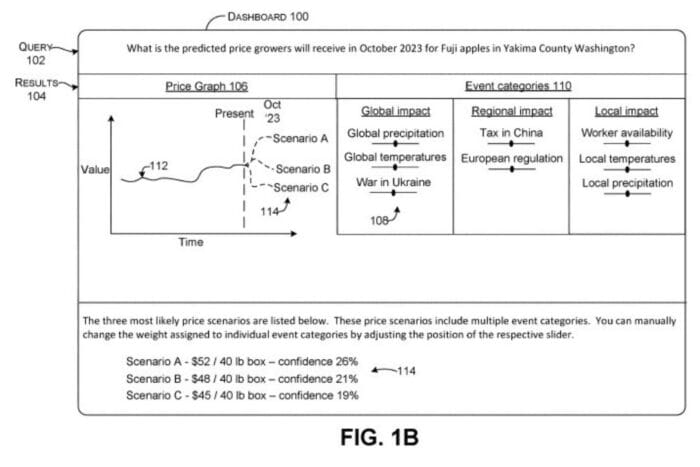
It seems Microsoft might enhance Copilot, or its Windows Intelligence capability, for that matter (if the Redmond-based tech giant decided to rename its AI models again) with complex prediction capabilities that would have the model predict pretty much anything—from weather to the state of political affairs, wars, to your blood glucose, and overall physical health.
The prediction capabilities were unveiled in a recently published patent titled Generative Future Predictions Based on Complex Events. The technology uses a system that gathers data over time and information about related events to train an AI model to predict the future accurately. This document discusses making accurate predictions based on numerical data (quantitative predictions).
The system gets data that changes over time (temporal data) about a specific system from a first source. This could be anything from financial data to weather patterns to machine performance metrics. It also gathers information from a second source on complex events that could impact the system. These events might include economic changes, major news events, or sudden equipment failures.
The system then uses generative networks to train a model. Generative networks are artificial intelligence that can generate new data samples. Here, they help find patterns between the temporal data (from the first source) and the complex events (from the second source).
The model is trained iteratively, meaning it undergoes multiple learning rounds to improve its accuracy. With each round, the model refines its ability to understand how the temporal data and complex events are related.
This tool will then control and refine predictions. It helps the model make sense of data sequences over time, improving its ability to predict future events based on past data.
By combining these steps, the system creates a powerful tool for making accurate predictions about various other systems. This could be used in many fields, such as predicting stock market trends, forecasting weather, and anticipating machine maintenance needs, but it could also accurately predict whether your health is going to get better or worse.
Theoretically, it can be used to predict a machine’s viability, meaning the system will tell you just how long your PCs/devices will last.
It’s worth noting that this technology, while patented, might not even see the light of day for obvious reasons, but it is an important clue when talking about Microsoft’s vision of a useful AI. The Redmond-based tech giant has patented similar technologies before. Earlier this year, we discovered that the tech giant was thinking about an AI capable of predicting natural disasters, and it patented the technology.
Now, the company is considering enhancing this AI model to predict not just disasters but virtually any context that can be measured and observed through pragmatic data.
What do you think? Will you use Microsoft Copilot when it becomes a complex AI prediction system?
You can read the patent here.
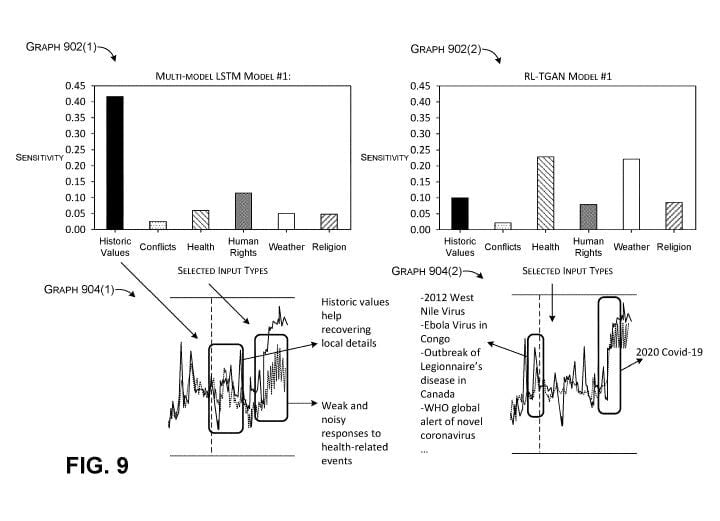
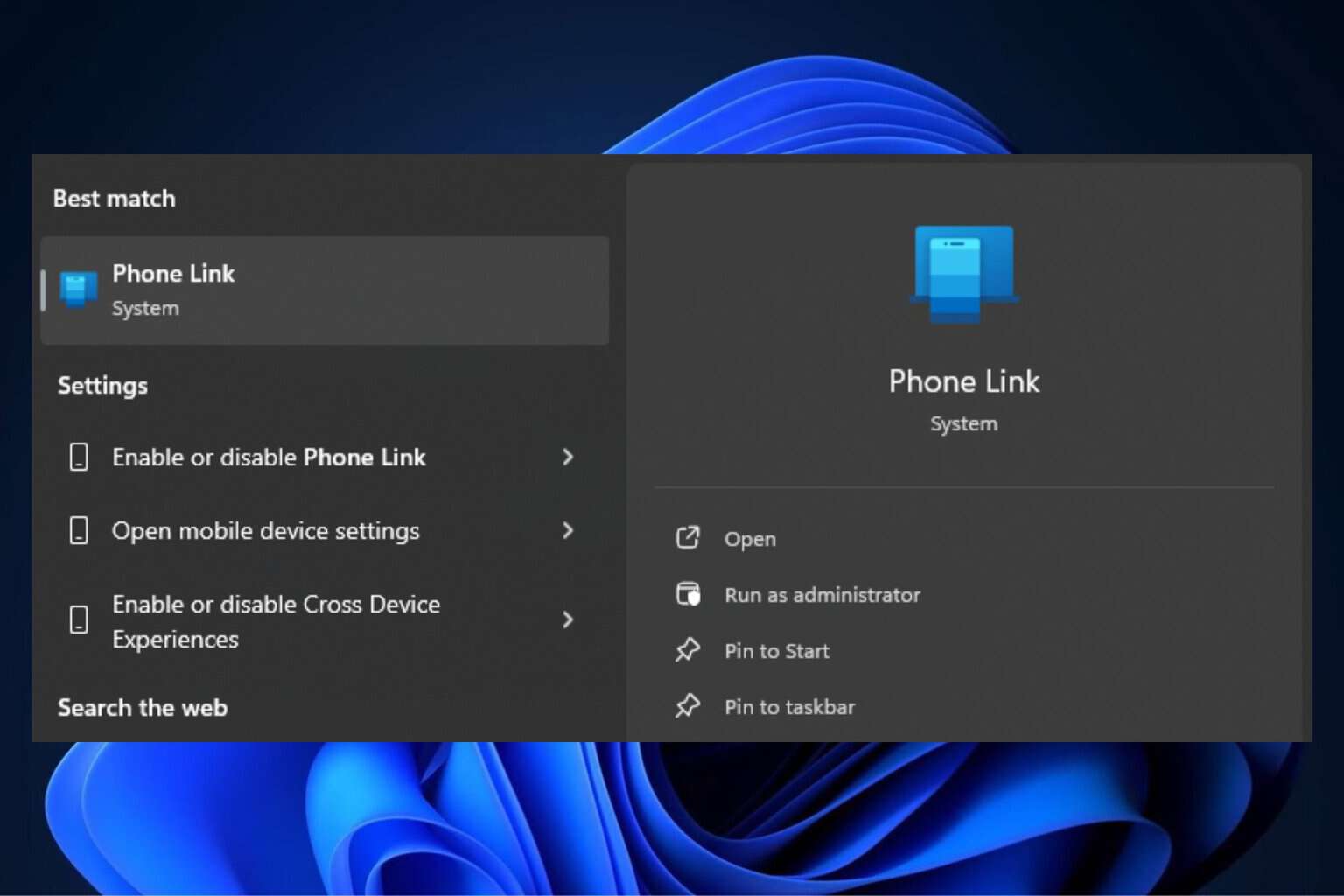


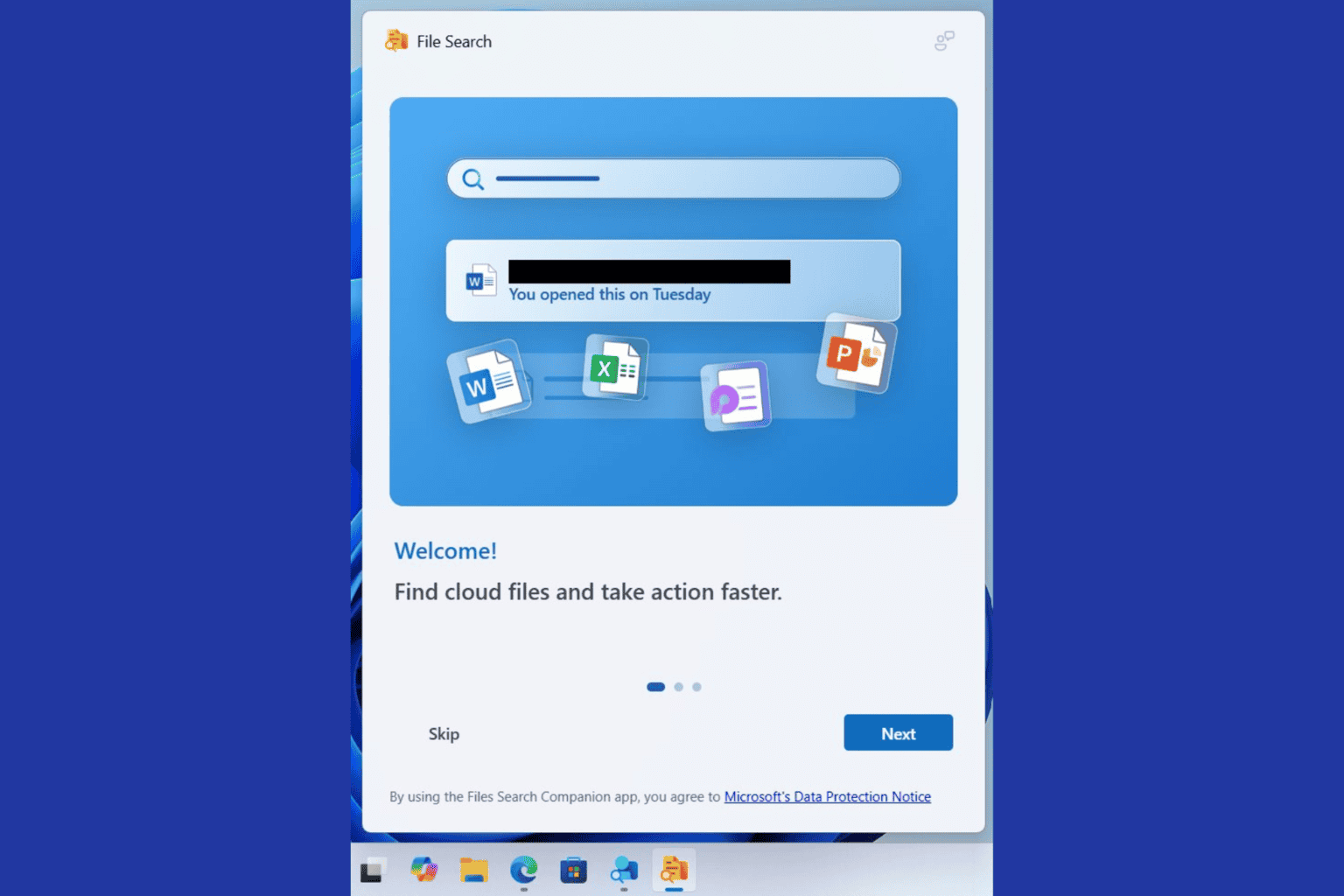
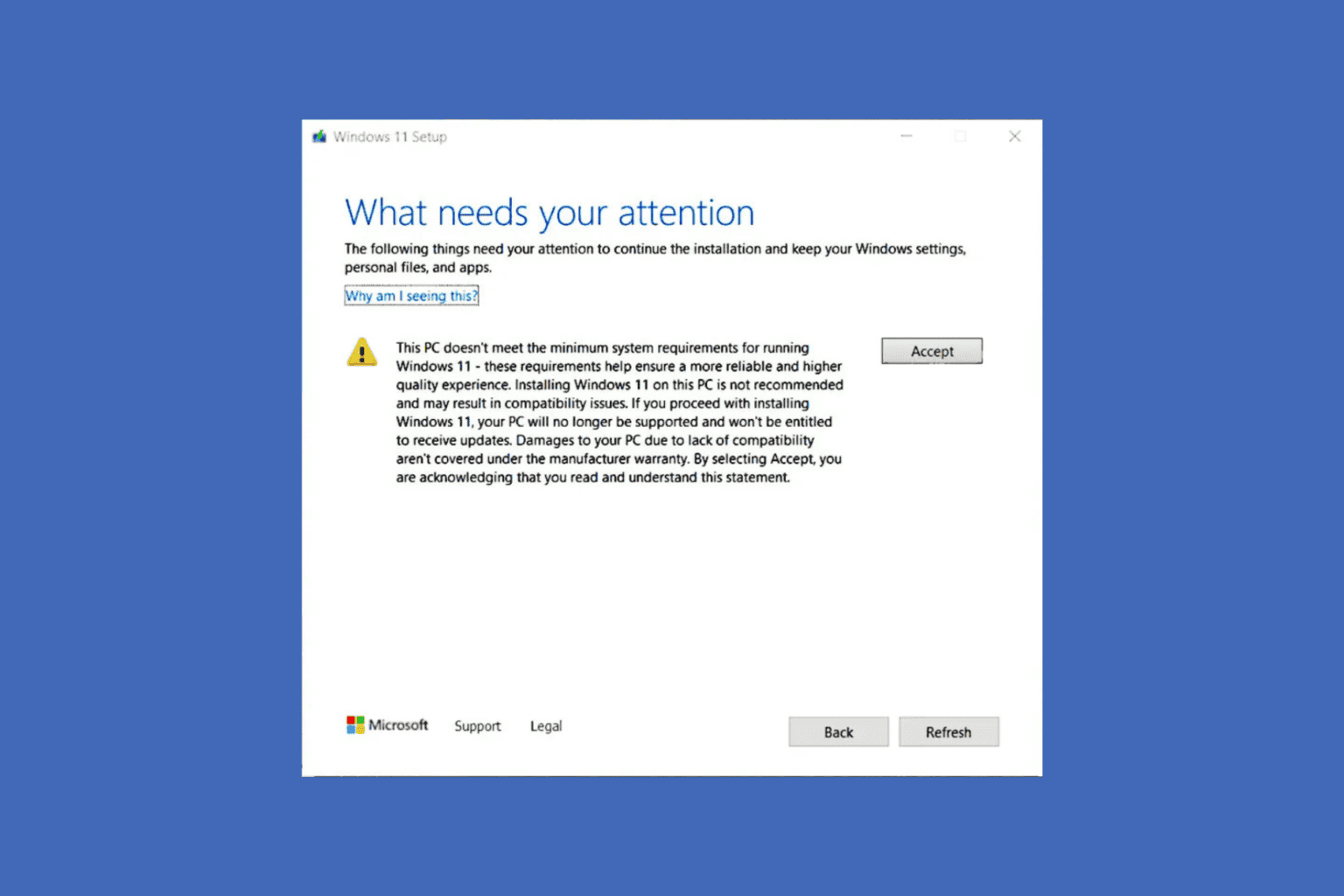
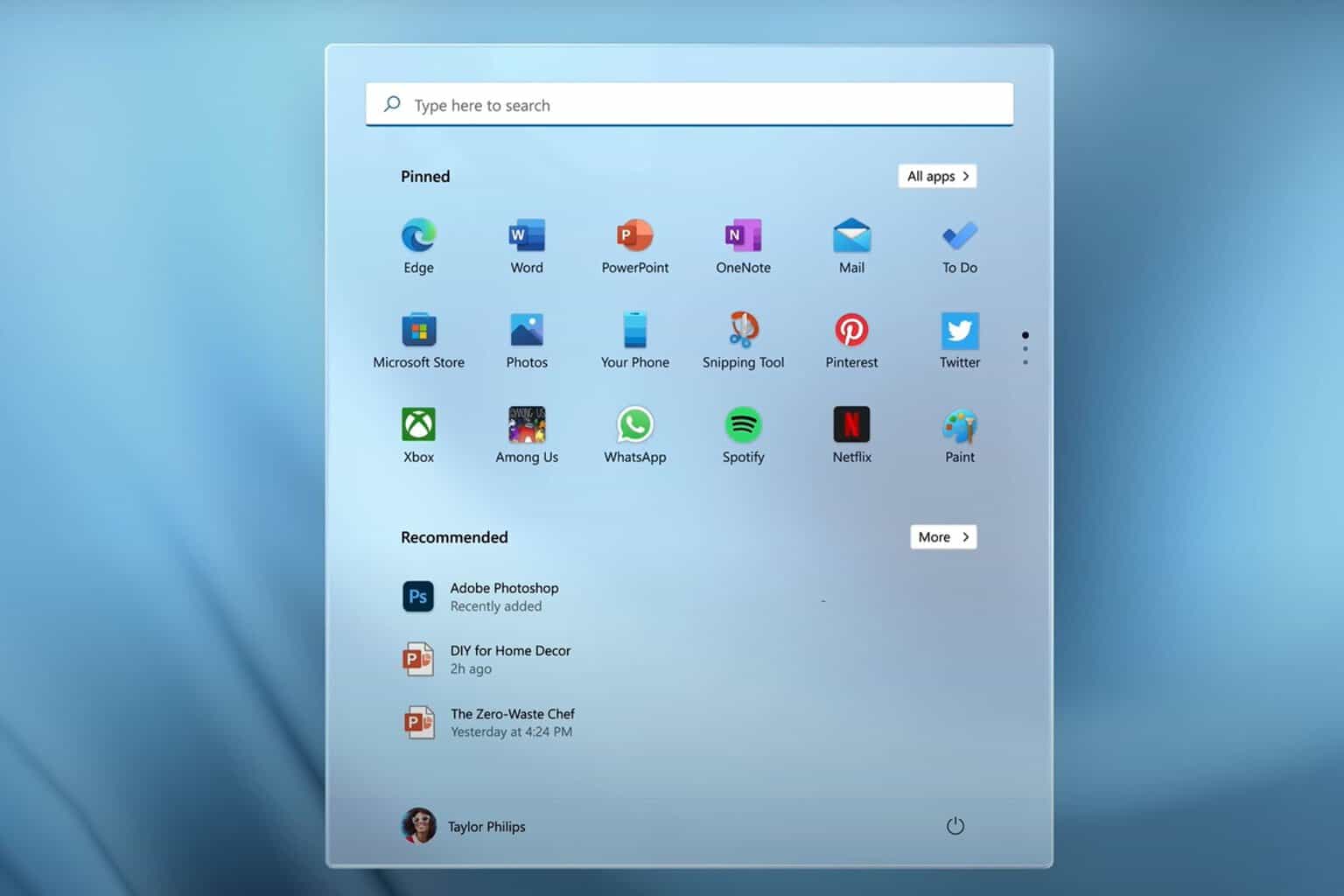

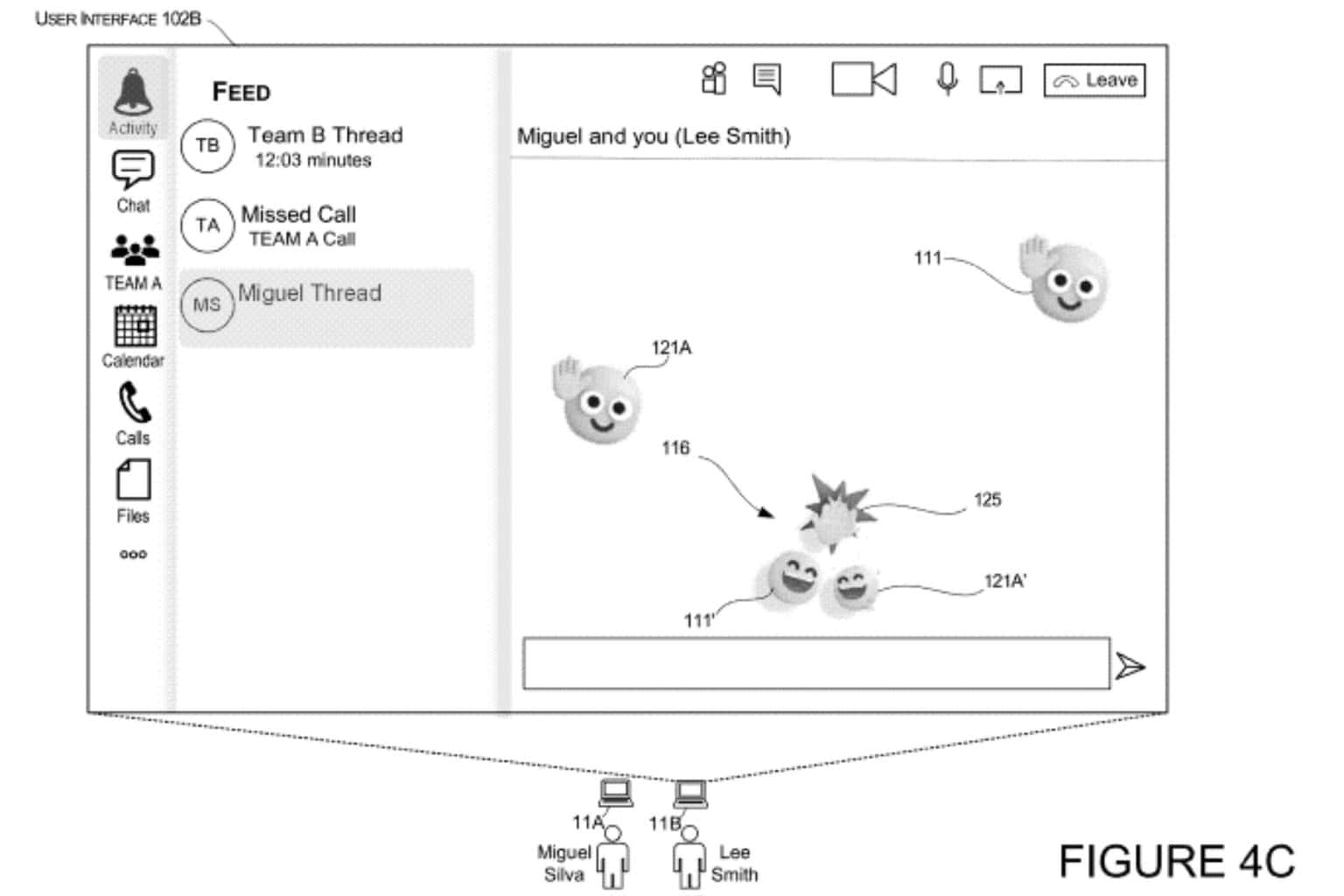
User forum
0 messages